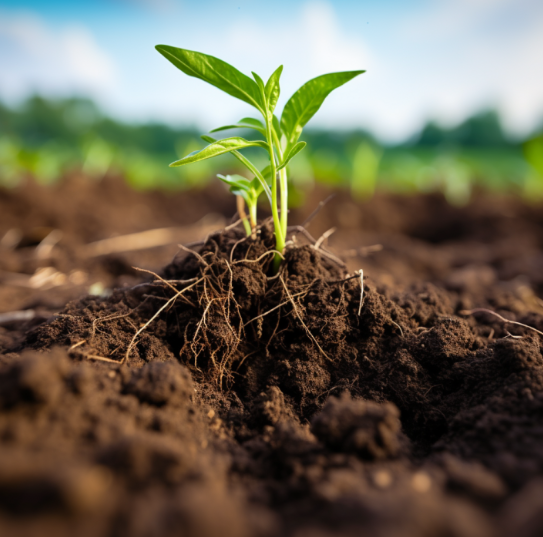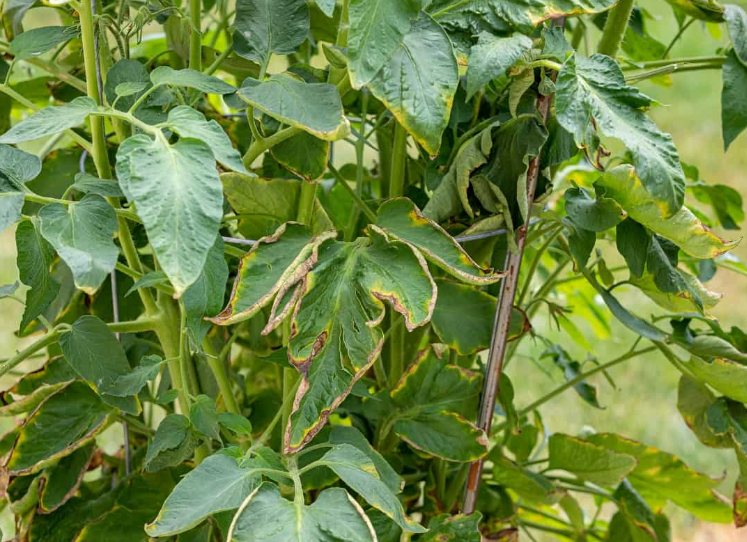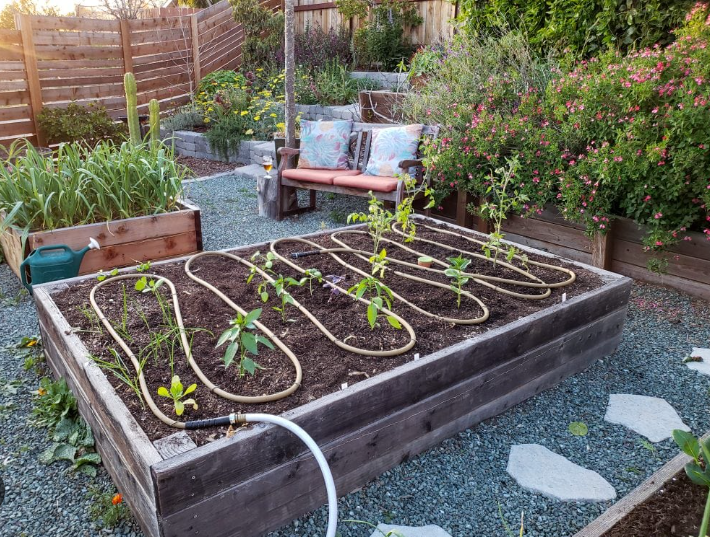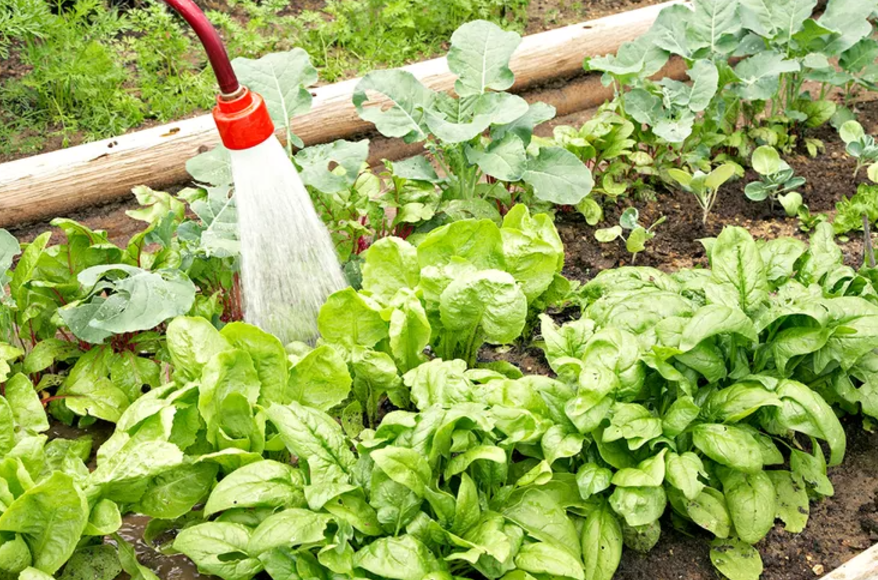Healthy soil is the foundation of a thriving garden. Plants rely on soil for nutrients, water retention, and support. Poor soil health can lead to weak, diseased, or stressed plants. Fortunately, there are several ways to improve soil health and create a sustainable growing environment.
Steps to Improve Soil Health:
Add Organic Matter: Organic matter, such as compost, aged manure, or leaf litter, improves soil structure, water retention, and nutrient content. It also supports the growth of beneficial microorganisms that help break down organic material and release nutrients to plants.
Solution: Add a 2- to 3-inch layer of compost to your garden bed and work it into the top few inches of soil.
Reduce Soil Compaction: Compact soil restricts root growth and water movement. Avoid walking on garden beds and use raised beds or containers to provide better root access.
Solution: Use mulch to protect the soil and reduce compaction. Aerate your soil regularly with a garden fork or aerator to loosen it up.
Balance Soil pH: Soil pH affects nutrient availability. If your soil is too acidic or alkaline, plants may have trouble absorbing essential nutrients. Most plants prefer a neutral pH (6.0 to 7.0).
Solution: Use soil amendments like lime to raise pH or sulfur to lower pH, depending on your soil’s needs. A soil test can help determine the pH level.
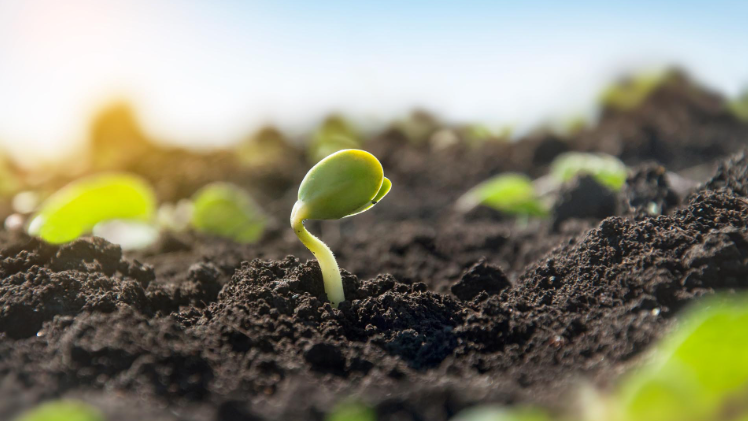
Mulch to Retain Moisture: Applying mulch around plants helps retain soil moisture, suppresses weeds, and adds organic matter to the soil as it breaks down.
Solution: Use organic mulches like wood chips, straw, or shredded leaves around your plants.
